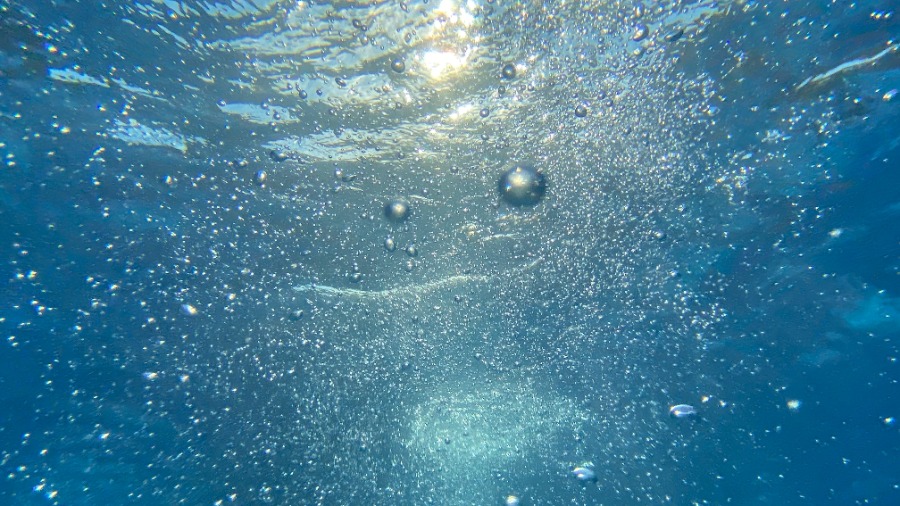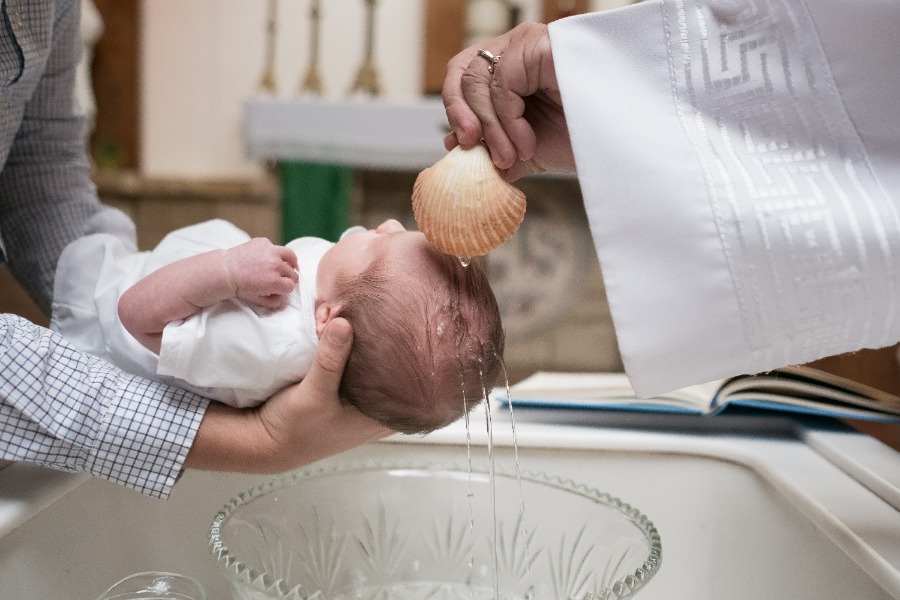
There are many decisions that parents make without waiting to consult with their children, in matters that will affect them in a decisive way in their lives.
They provide them with food, clothing, warmth and affection before they have the use of reason, without their having freely asked for it, but this is essential to keep them alive. But they also do things, in addition to covering basic subsistence needs, that will have a decisive impact on fundamental life issues.
Let us think, for example, of speaking to them in a specific language. The acquisition of the mother tongue responds to a parental decision that will shape the way children express themselves, their deepest cultural roots and even some very specific perspectives in their approach to reality. No reasonable parent would make the decision not to speak anything to their child until he/she grows up, listens to several languages and decides for him/herself which one he/she wants to learn. Language is a very important cultural element in the development of human life and delaying its acquisition until the age of majority would be a very serious damage to the intellectual development of the new human being.
But does the decision to baptize and begin faith formation bear any resemblance to speaking to children in one's own language?
A person who does not have faith and does not know what the existence of God, his goodness, his way of acting in the world and in people means, and who does not know the deepest reality of baptism will think that it has nothing to do with it, that language is indispensable and faith is not. But this does not mean that his assessment is reasonable, but rather that it is due to his cultural deficiencies, or even to his prejudices, which prevent him from reasoning on the basis of all the real data.
Therefore, in order to rationally take charge of all the factors involved in this issue it is essential to know first what it means to receive Baptism, and then to assess the situation.

"...Holy Baptism is the foundation of the whole Christian life, the portico of life in the spirit and the door that opens access to the other sacraments..." Catechism of the Catholic Church
God has designed a love story for every human being, which is revealed little by little throughout life. To the extent that we have a close relationship with Him, that story will be revealed and take shape. And the first step for this closeness to be effective is Baptism.
The Christian faith considers the Baptism as the fundamental sacrament, since it is a precondition for receiving any other sacrament. It unites us to Jesus Christ, configuring us to him in his triumph over sin and death.
In ancient times it was administered by immersion. The one to be baptized was completely immersed in water. Just as Jesus Christ died, was buried and resurrected, the new Christian was symbolically introduced into a tomb of water, to divest himself of sin and its consequences, and be reborn to a new life.
Baptism is, in fact, the sacrament that unites us to Jesus Christ, introducing us to his saving death on the Cross. frees us from the power of original sin and from all personal sinsand allows us to rise with him to a life without end. From the moment of reception, we participate in the divine life through grace, which helps us to grow in spiritual maturity.
In baptism we become members of the Body of Christ, brothers and sisters of our Savior, and children of God.
We are freed from sin, plucked from eternal death, and destined from that instant to a life in the joy of the redeemed. "Through baptism, each child is admitted into a circle of friends who will never abandon him, neither in life nor in death. This circle of friends, this family of God into which the child is integrated from that moment, accompanies him continually, even in the days of sorrow, even in the dark nights of life; it will give him comfort, tranquility and light" (Benedict XVI, January 8, 2006).
"Go and make disciples of all nations, baptizing them in the name of the Father and of the Son and of the Holy Spirit" (Mt 28:19).
This practice dates back to time immemorial. When the first Christians received the faith, and were aware of the great gift of God of which they had been the object, they did not want to deprive their children of these benefits.
The Church continues to maintain the practice of infant baptism for a fundamental reason: before we opt for God, he has already opted for us. He has made us and called us to be happy. Baptism is not a burden, on the contrary, it is a grace, an undeserved gift that we receive from God.
Christian parents, from the earliest centuries, applied common sense. Just as the mother did not deliberate at length about whether she should breast-feed her newborn child, but fed it when the child required it, just as they washed it when it was soiled, clothed it and wrapped it up warmly to protect it from the rigors of the cold, just as they talked to it and gave it affection.
In this way, they also provided him with the best help that any human creature needs to develop life to the full: the cleansing of the soul, the grace of God, a large supernatural family, and an openness to the language of God, so that when his sensitivity and intelligence awaken, he can contemplate the world with the light of faith, that which allows him to know reality as it is.
Mr. Francisco Varo Pineda
Research Director
University of Navarra
Faculty of Theology
Professor of Sacred Scripture
Posted at http://dialogosparacomprender.blogspot.com/